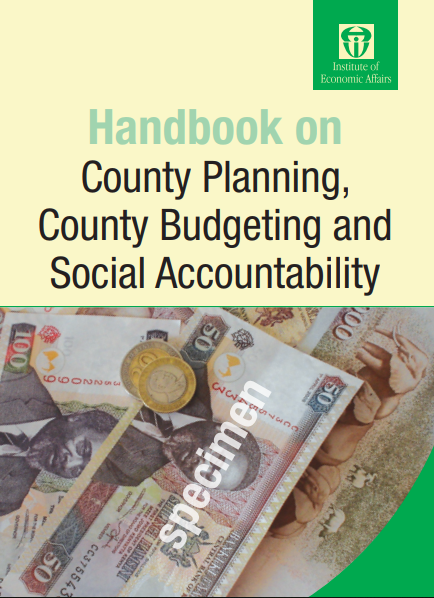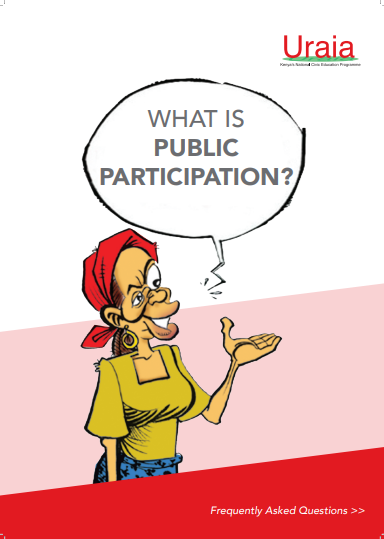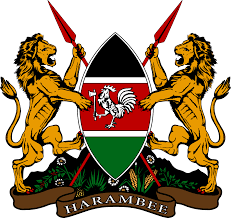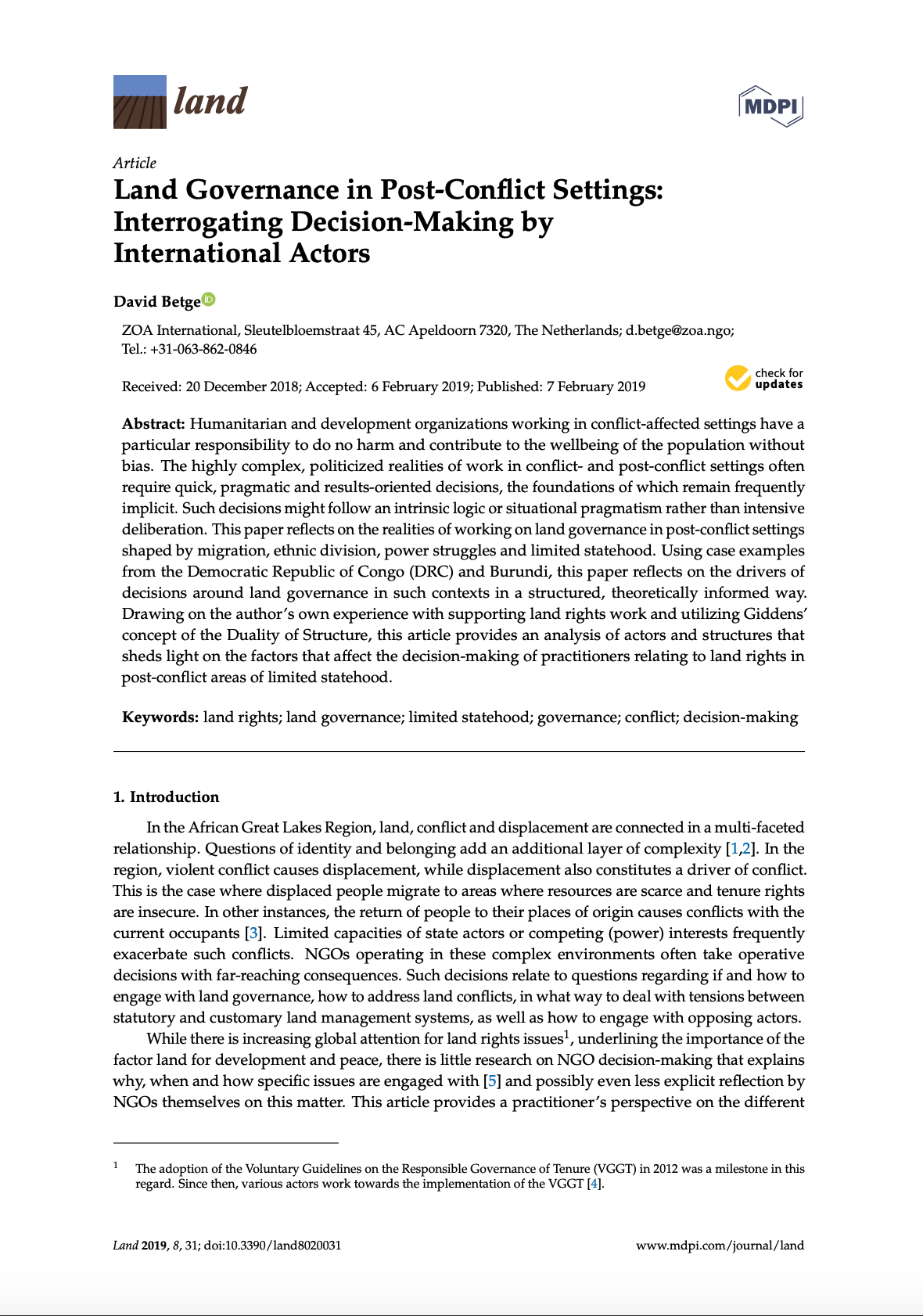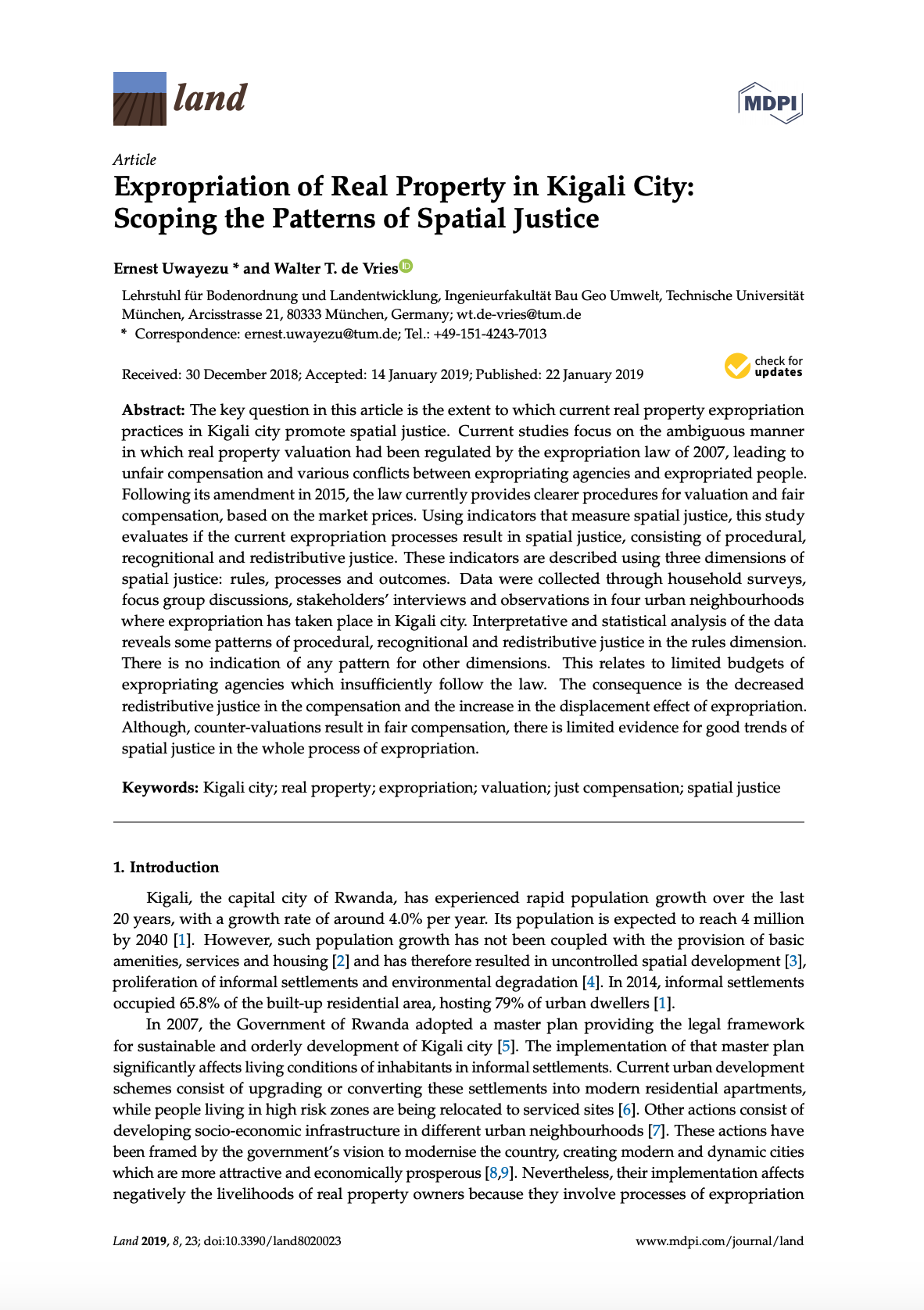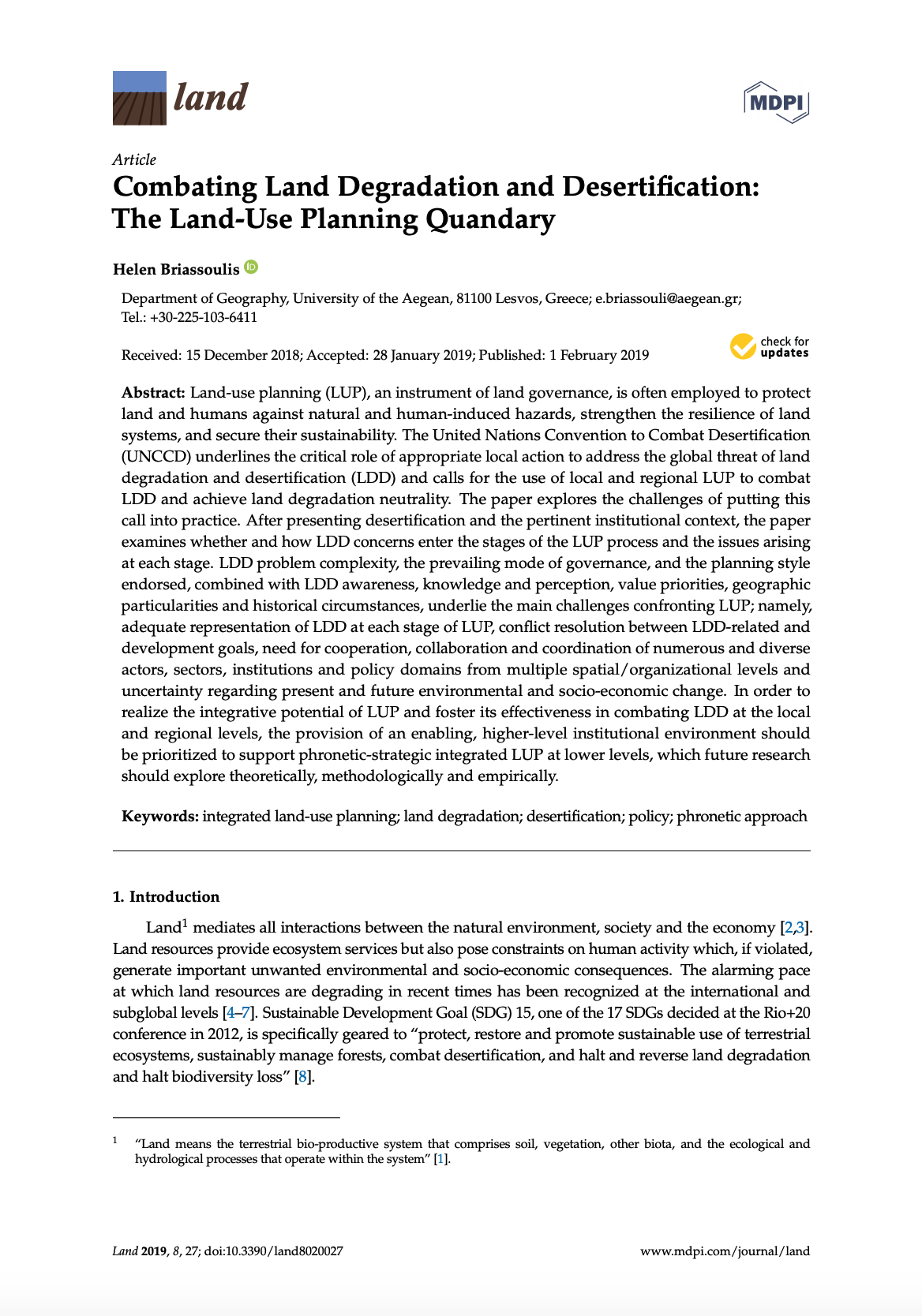Review of status of Public Participation, and County Information Dissemination Frameworks
Meaningful citizen participation in governance is a key ingredient for public reforms that were instituted by the Constitution of Kenya (CoK) 2010. Article 1 (1) of the Constitution vests all sovereign power to the people of Kenya. This power can be expressed through direct participation or indirectly through elected representatives. In addition, various pieces of legislations anchoring devolution highlight the principles of citizen participation. Together, these constitutional and legislative provisions avail various platforms for citizen participation in devolved governance.



